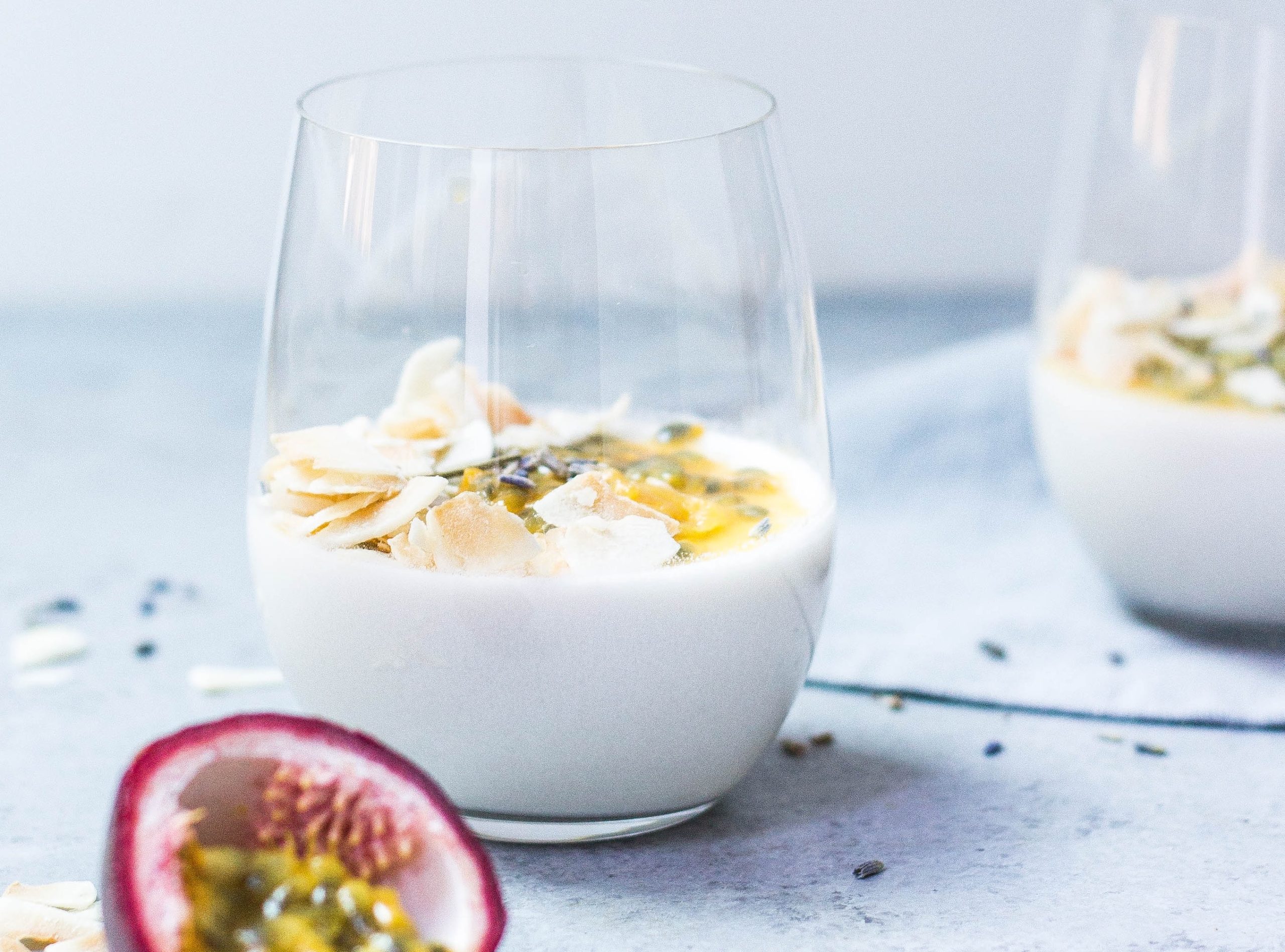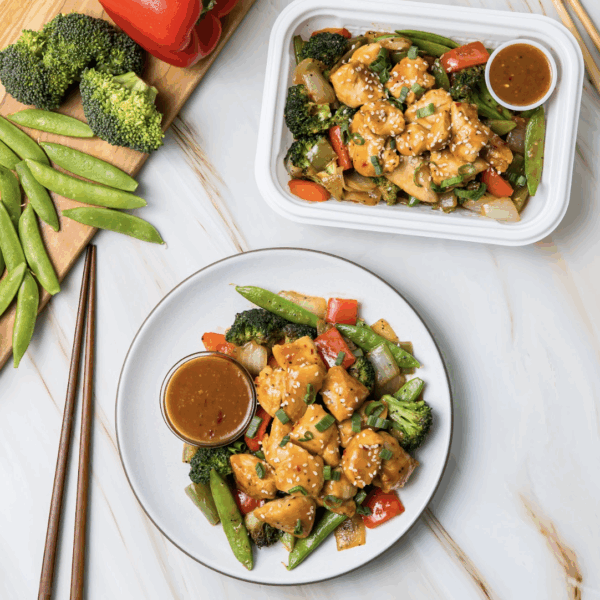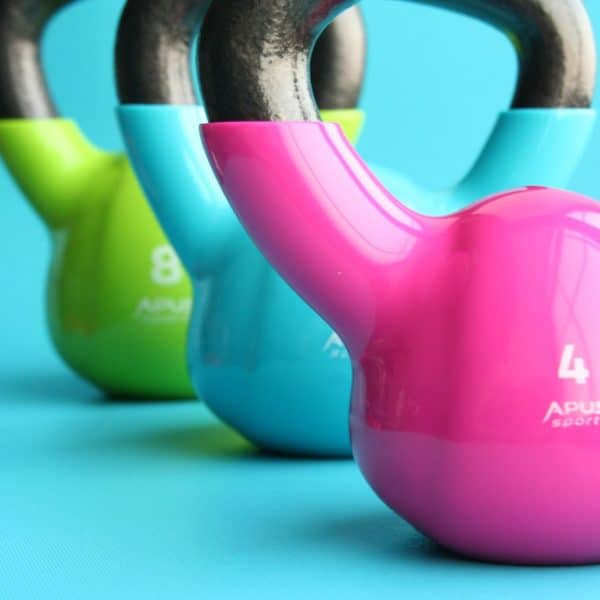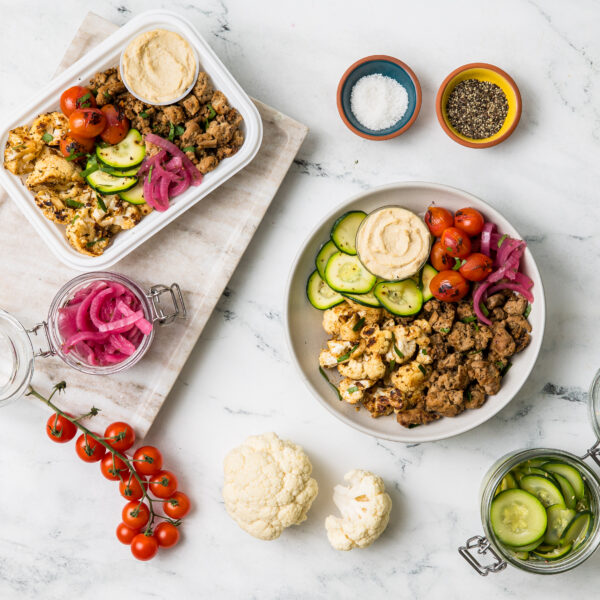Probiotics benefit from good press on a near-daily basis, with proponents saying they’ve seen improvements in everything from skin health to anxiety with probiotic supplementation. But are they worth the hype? Today, one of our dietitians is breaking down the topic of probiotics: what they are, their benefits, and whether or not they help with weight loss. Buckle up!
What Are Probiotics?
Probiotics are living microorganisms that, when ingested, have beneficial effects on the immune and inflammatory balance in your gut. With the exception of soil-based probiotics, it’s important to note that most probiotics don’t actually colonize (or stay) in your body.
To best understand why probiotics are important, we have to dial it back a bit further. Similar to other microbiomes, or the collection of microorganisms that live in harmony with our body (like our skin microbiome or oral microbiome), our gut microbiome is the vast array of bacteria, archaea, and fungi species that live happily in our digestive tract. We’re actually outnumbered by bacteria in our own bodies! Though we have both beneficial and pathogenic bacteria in our digestive tract, in a completely healthy person there’s a balance between the two. The health of our gut microbiome has an impact on everything from our sleep quality to our blood sugar regulation.
Are Probiotics Beneficial for Weight Loss?
While a lot of articles suggest that probiotic supplements are beneficial for weight loss, there actually isn’t a lot of research to support this conclusion. To be fair, research around the gut microbiome is complex since there are so many variables and so many species of bacteria to contend with.
Overall, the current research suggests that probiotic supplements may only have a small effect on weight loss efforts.
The research does show that low carb diets, intermittent fasting, and the paleo diet are all effective for weight loss, as is HIIT, or high-intensity interval training.
Why Take Probiotic Supplements?
There are plenty of reasons to take probiotics, though. The Standard American Diet (SAD) is often missing probiotics, plus rich in sugar and processed refined carbohydrates. Given this less than desirable mix, plus other factors like pharmaceutical drugs, poor-quality sleep, high chronic stress, and more, many people end up with an imbalance in their gut bacteria, with more “bad” or pathogenic bacteria instead of the “good” commensal bacteria.
Probiotic supplements or probiotics from food sources can help balance the good and bad bacteria in the gut. They also help reduce inflammation, both in the digestive tract and in the rest of the body. They have been shown to improve chronic digestive issues like IBS and Ulcerative Colitis, and may also reduce GI symptoms like constipation, bloating, and diarrhea. Since the majority of the immune system is located in your gut, they also boost immune health. And finally, they even help with non-GI symptoms, like heart disease and anxiety.
Which Foods Have Probiotics?
Can you see why we’re team probiotics over here? Eat a variety of probiotic-containing foods, like kefir, miso, sauerkraut, other fermented veggies, and kombucha. Consume 2-3 probiotic-rich foods per day, or feel free to supplement with a high-quality refrigerated or soil-based probiotic from your local health food store.
And don’t forget about prebiotics, which are dietary fibers that help feed your friendly gut bacteria. Some great examples of prebiotic-rich foods include garlic, onions, leeks, asparagus, flax seeds, jicama, apples, bananas, and seaweed.
Moral of the story? Whether your goal is weight loss or overall good health, address the pillars of health (sleep, stress, nutrition, and movement!) before getting too specific in your journey.
We want to hear from you! What’s your favorite probiotic-rich food?
Eat well, cook never with our dietitian-curated meals.





Leave a Reply
No Comments